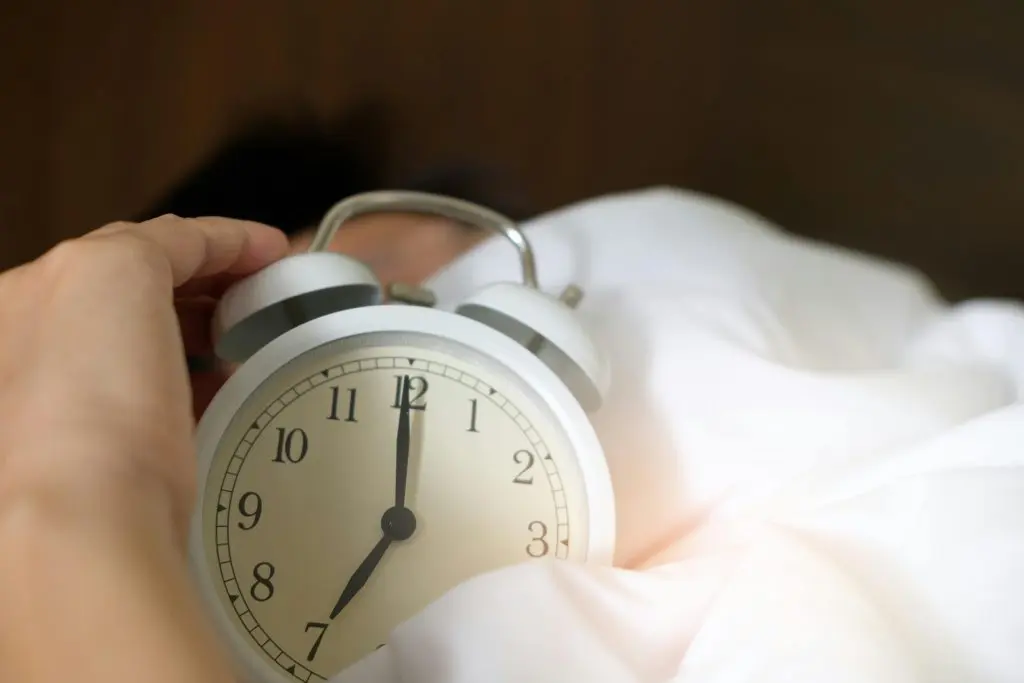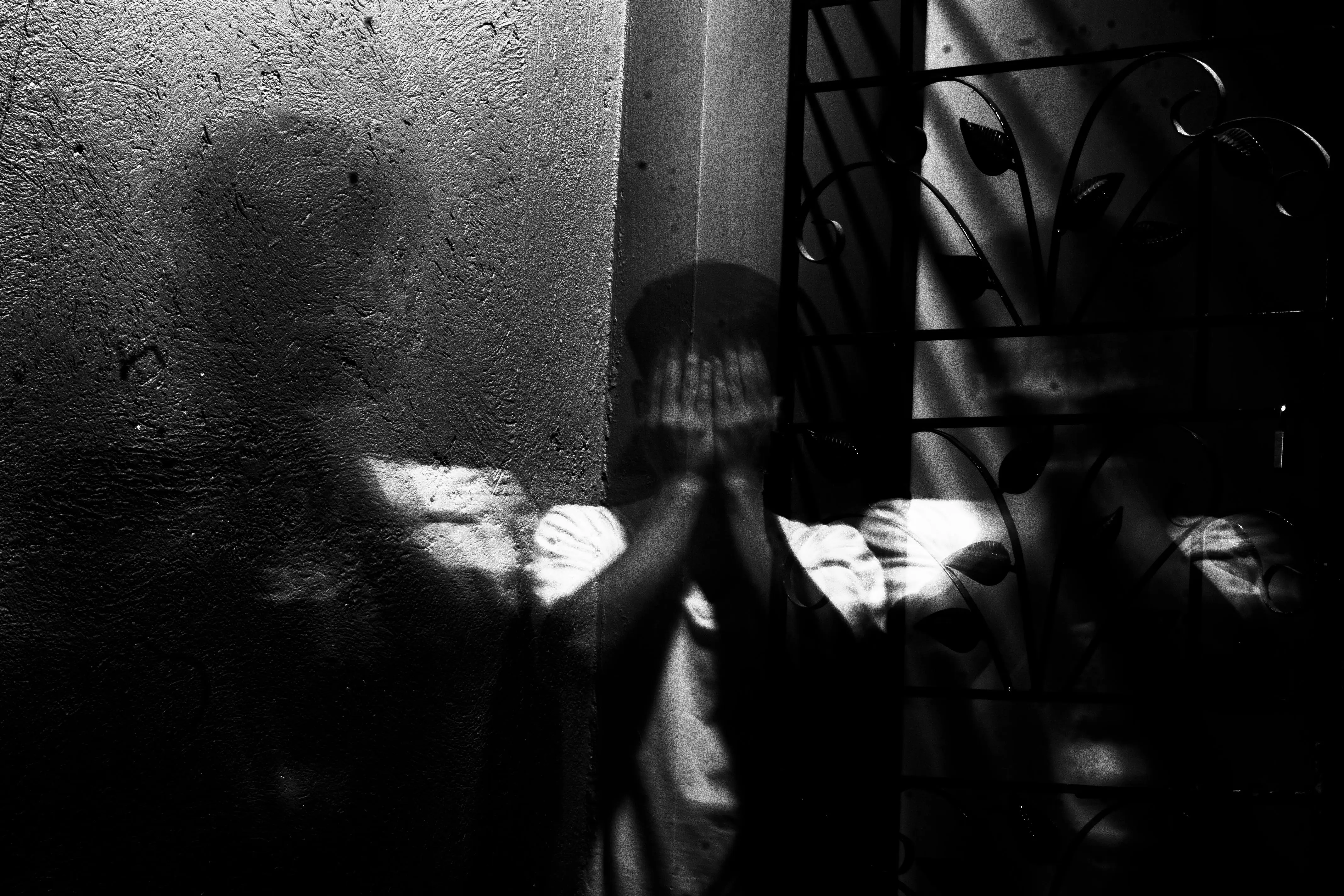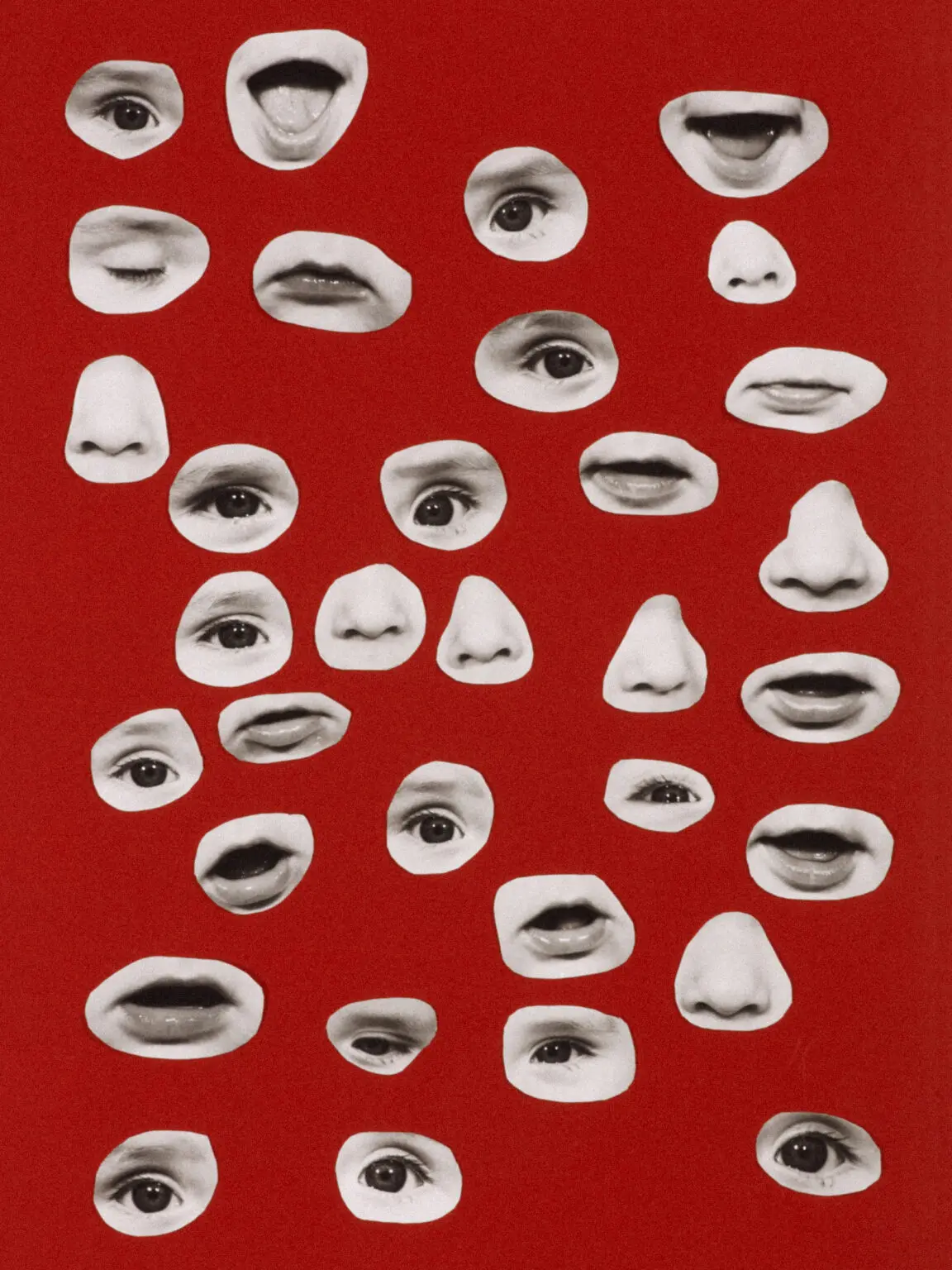Other Treatment Methods
- Dental anxiety / pain-free dental treatment
- Dental prosthesis
- Digital dentistry
- Gum treatment
- Orthodontics
- Pediatric dentist
- Prophylaxis / Professional Teeth Cleaning (PZR)
- Root canal treatment / Endodontics
- Sports dentistry
- Teeth grinding and CMD (Craniomandibular Dysfunction)
- Teeth whitening / Bleaching
- Veneers (dental shells)

Teeth grinding and CMD (Craniomandibular Dysfunction)
70 to 80 percent of the population grind and press their teeth during the day and night. The jaw muscles, jaw joint, and bite do not work optimally together and cause discomfort and functional disorders. However, the symptoms often appear not only where the disorder is located but in other parts of the body: Many patients complain of back and neck pain, they experience tension headaches or migraines, or even develop a dizziness syndrome and tinnitus (ringing in the ears). Targeted treatment of the functional problems in the jaw can provide relief by the specialized dentist. Many dentists of the Premium Medical Circle are specialized in these treatments and work with experts from Orthopedics, osteopathy, and physiotherapy for the best treatment outcome.
Causes and symptoms of teeth grinding and CMD
When a person is stressed, the body tries to reduce the stress somehow. Movement helps with that. But in recent years, it has become increasingly clear that many people process the stress of the day at night by grinding and clenching their teeth. It is now known that grinding helps people to Stress to relieve stress on an unconscious level – albeit at the expense of dental health. Those affected often don't notice this destructive habit for a long time. After all, they don't hear their teeth grinding and gnashing at night. However, if you often wake up in the morning feeling like you've been run over and at the breakfast table feel that your jaw is clicking and your neck is hurting, you should seek advice from a dentist who is familiar with the so-called craniomandibular dysfunction (CMD).
Effects of CMD on teeth, masticatory system and musculature
Grinding your teeth puts enormous pressure on the teeth and the masticatory system – after all, the jaw muscle is the strongest muscle in the whole body! Those who grind their teeth at night can cause enormous damage to their teeth and the entire chewing apparatus. Dislodged crowns and flattened teeth can be the result. The position of the teeth and the position of the temporomandibular joint change unfavorably. Not infrequently, the teeth also become extremely sensitive to cold and heat due to grinding, as the protective enamel is worn away.
If there is also a misalignment of the teeth or faulty dental constructions, the entire system is strongly destabilized. The supporting apparatus – i.e. gums and jaw – try to compensate for this strain. This is why teeth grinding often causes tension and Pain in completely different regions of the body: in the back, neck, or head area.
Diagnostics and treatment of CMD
The problem is complex, and only comprehensive diagnostics – the so-called functional analysis – can precisely describe and analyze muscle and joint-specific disorders. As part of the diagnosis, the patient's muscles are carefully examined and the grinding behavior as well as the jaw joint movements are represented exactly in a three-dimensional analysis. Here, too, the dentists of the Premium Medical Circle work together with experts from other disciplines. Together with Orthopedists, osteopaths and physiotherapists, they develop the best therapy. As dental therapy, targeted splint therapy, a change in bite position, new reconstructions, or even orthodontic measures may be indicated.
Other Treatment Methods in this Department
Experts for this Treatment Method

- Aesthetics & Function in Dentistry
Dr. med. dent. Malte Schönrock M.Sc., M.Sc.
Dent Aesthetic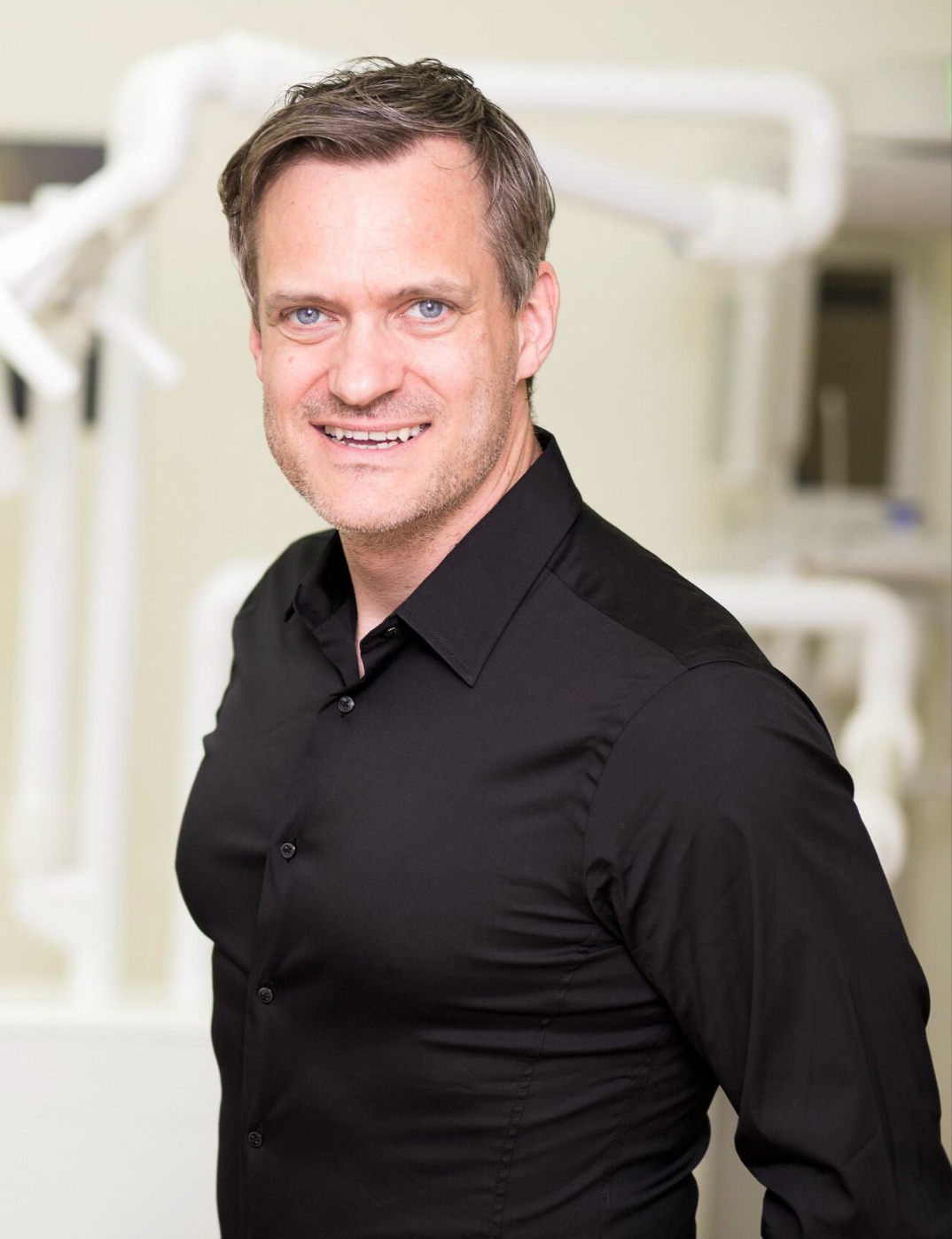
- Aesthetics & Function in Dentistry
Jan Kurtz-Hoffmann
Zahnärzte im Roßbachpalais
- Aesthetics & Function in Dentistry
Dr. med. dent. Tore Thomsen
Zahnarztpraxis Dres. Thomsen & Kollegen
- Aesthetics & Function in Dentistry
Dr. med. dent. Oliver Brendel
Dinkelacker & Brendel
- Aesthetics & Function in Dentistry
Zahnarzt Robert Svoboda M.Sc.
ZahnGesundheit Oberkassel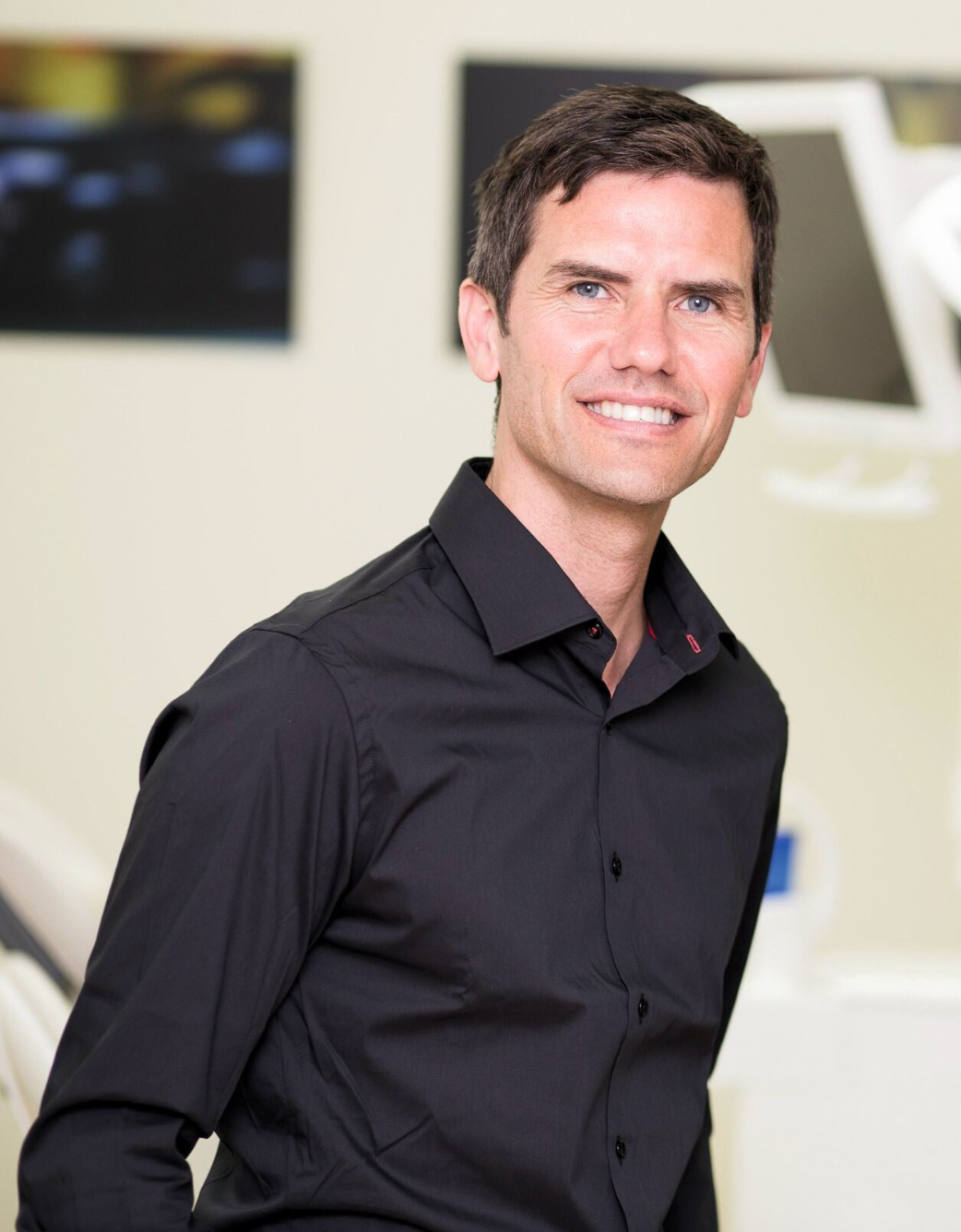
- Aesthetics & Function in Dentistry
Dr. med. dent. Nico Lindemann
Zahnärzte im RoßbachpalaisAll Experts in this Department
Show All
- Aesthetics & Function in Dentistry
Dr. Dr. Ákos Fehér
Fehér Dental Team, Smile Lounge
- Aesthetics & Function in Dentistry
Dr. med. dent. Malte Schönrock M.Sc., M.Sc.
Dent Aesthetic
- Aesthetics & Function in Dentistry
Jan Kurtz-Hoffmann
Zahnärzte im Roßbachpalais
- Aesthetics & Function in Dentistry
Dr. med. dent. Tore Thomsen
Zahnarztpraxis Dres. Thomsen & Kollegen
- Aesthetics & Function in Dentistry
Dr. med. dent. Oliver Brendel
Dinkelacker & Brendel
- Aesthetics & Function in Dentistry


